South Dakota is one of only twenty-two states that do not have laws that establish optician training, certification, and licensing requirements. States, like South Dakota, tend to leave the decision as to what is required of an optician to the discretion of optical employers. This can result in wide variations in optician knowledge and skill sets. Most employers will arrange to have new opticians trained by experienced opticians who work in the same office. All opticians should advocate for their own comprehensive training.
Opticians who choose to work for large businesses may find that their employer only trains them to perform a few specific tasks. Large companies tend to focus more on office efficiency and they prefer to have employees who are specialists in only a couple of skill sets. This can lead to optician training that is less than comprehensive and which may need to be expanded if the optician seeks employment in smaller offices. Employers who operate smaller businesses typically require opticians to perform more tasks and may actively encourage opticians to become certified through the American Board of Opticianry (ABO) or the National Contact Lens Examiners (NCLE). They may even pay the fees associated with the exams and reimburse opticians for any study materials that they might purchase.
All opticians, regardless of where they work, should consider the benefits of voluntary certification. Optical employers commonly pay certified opticians more for a few different reasons. First, credentialed opticians have a broader understanding of the industry and require less training and support. Second, many customers prefer to receive assistance from opticians who can demonstrate that they have met national standards for competence. Employing certified opticians can have a big influence on customer satisfaction and can go a long way in establishing customer loyalty.
 Another important benefit associated with certification is the ability to become licensed in regulated states through reciprocity. Opticians who decide to move will have more job opportunities available and will find it easier to become licensed if they have prior certification. Opticians who have no credentials may be required to complete a degree, apprenticeship, or the certification exams before they can be licensed. This process can be frustrating for someone who has worked in the industry for many years.
Another important benefit associated with certification is the ability to become licensed in regulated states through reciprocity. Opticians who decide to move will have more job opportunities available and will find it easier to become licensed if they have prior certification. Opticians who have no credentials may be required to complete a degree, apprenticeship, or the certification exams before they can be licensed. This process can be frustrating for someone who has worked in the industry for many years.

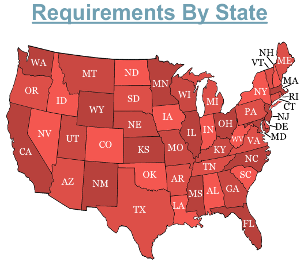




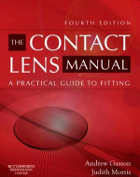
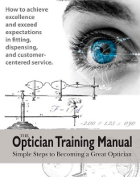

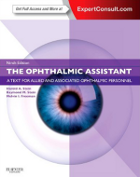
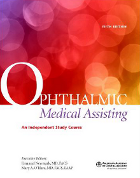
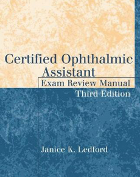
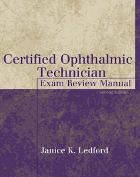
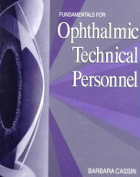

Please Leave Your Comment Below.